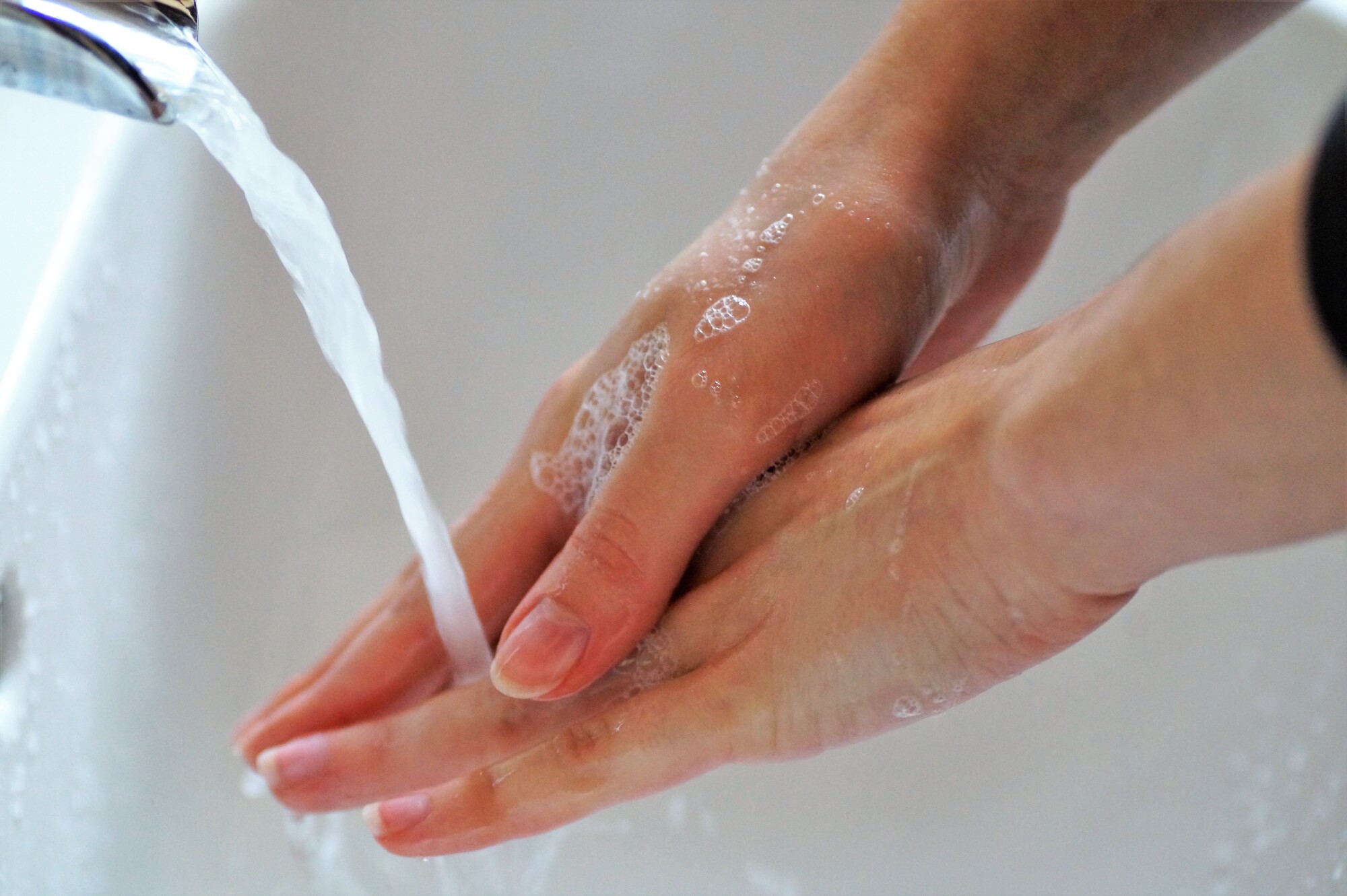About 15% of all kitchen sponges contain salmonella. Sponges aside, since your kitchen is where you prepare your meals, it’s most likely the germiest place in your home.
If you don’t clean up after every meal, it will attract insects and other pests. Cooking causes grease to build up on your stove and countertops.
If you go a while without cleaning, your kitchen will begin to smell. You might go nose blind to it, but your guests would appreciate it if you were to take out your garbage and clean your fridge.
These are only a few kitchen hygiene steps you should take. Continue reading to learn when you should give your kitchen a scrub down and find out how you can go about it.
1. Smells
The number one indicator that you need to clean your kitchen is odors. Dirt build-up and trash will begin to smell after a while.
Containers that were once full of fresh food will turn sour in your fridge. Even your garbage disposal will begin to stink after a while.
2. Insects
Old food and crumbs will attract hungry kitchen pests. The most common offenders are ants and cockroaches.
Ants give off a strong smell and are attracted to sweet foods. Cockroaches hitchhike on plastic bags and cardboard boxes. Rodents and flies also make their home where the food is.
If you notice pests in your kitchen, contact a cockroach control service right away.
3. Greasy Build-Up
Cooking with oil and hot fats results in a greasy build-up on ovens and countertops. It can even get carried to the ceiling and kitchen ducts.
Not only does grease build-up leave your kitchen vulnerable to fires, but it also creates a breeding ground for germs and bacteria.
How to Clean Your Kitchen
Cleaning your kitchen starts at your sink. To avoid cross-contamination and the spread of foodborne illnesses, you need to wash your hands before you start your meal prep.
To keep pests away, it’s important to practice proper food storage. Put your leftovers in a sealed container. To keep the food in your fridge from spoiling, let your leftovers cool down before putting them away.
Wipe down your countertops, fridge door, knobs, handles, and any other surfaces you touch often. Scrubbing your kitchen equipment and countertops after every use will prevent things from getting out of hand.
Old food in your kitchen dustbin will begin to break down and spread bacteria. Not to mention, the smell will ruin your appetite and attract pests. It will be a lot of work, but be sure to take your garbage out every day.
Improving Kitchen Hygiene
Is your kitchen beginning to smell? Are your countertops a greasy mess? It might be time for you to do a deep clean.
Practicing kitchen hygiene will keep bacteria to a minimum and prevent you and your family from getting sick.
We hope that you’re able to use the tips you read here today to keep your kitchen sanitary. For more house cleaning advice, visit the Lifestyle section of our blog.
Read more articles at Ibomma News

